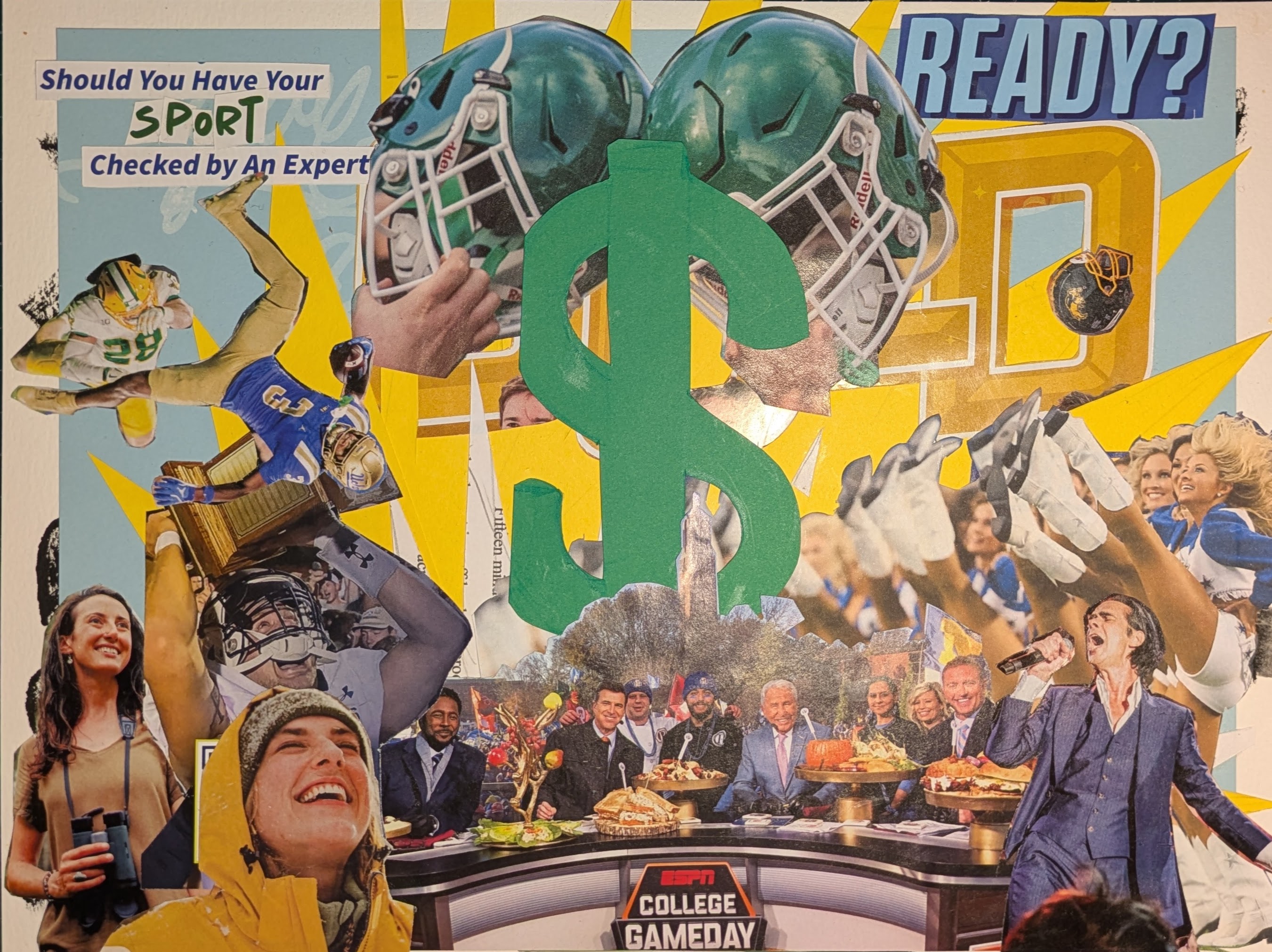In college I made mashups. I rode a burgeoning explosion in audio editing tools to a place of madcap experimentation; a cacophony of sound made by a million bedroom producers. At the turn of the century technologically savvy musicians were forming communities to sell their wares, swap advice, and brainstorm their next projects. In this musical wild west expanse, sub-genres blossomed . One, called glitch-core, capitalized on the audio artifacts produced by the hodgepodge of (sometimes) amateur tools. Rather than seeking the sleek sheen of radio pop, these producers embraced the clicks and pops indicative of underground creation. They would bring them to the fore, elevating them to a new form.
A bedroom producer often did not have access to live musicians. Instead, their music was comprised of samples. A sample is a snippet stripped from an existing composition and re-purposed into something new. The undisputed, most popular sample of all time is the Amen Break. What other sample of sound has its own documentary?
As the video explains, one six second loop created untold value for an entire matrix of individuals; artists, promoters, venue owners, and (ultimately) culture. It has become so ubiquitous it has become woven into the very fabric of modern life.
APIs, similarly, are snippets of business logic. The allow for new application forms to emerge. APIs are the samples of the programmatic world and we are at a very precarious time in their adoption.
The owners of the Amen Break, The Winstons, could have aggressively sought to enforce their copyright of the drum loop. Fans, music, and culture (not to mention the economies they create) would be poorer for it. Instead, the Winstons and their tacit allowance for reuse allowed "a thousand Mancunians bloom". (An aside - If you haven't seen 24 Hour Party People, the cinematic story of Manchester's early electronic music scene, you're missing out.)
Twitter, having achieved scale, has been aggressively building legal moats around what is and is not possible with their API. Netflix recently closed off public access for its API. ESPN ended their public API program. In an effort to capture as much short term value as possible, companies squelch the potential for larger, unexpected cultural good.
"platform providers confuse the immediate drive for profit with the long-term needs of its users." - The Hazards of the API Economy
Developers don't like thinking about legal issues. But we need to begin considering our responsibilities, as API developers, to preserving a commons of functionality snippets for the future to be mixed upon. Publishing documentation intended for wide distribution and with a recognized legal allowance, as with the API Commons, is an important step. A way of quantifying the benefit of contributing to the commons for a private business would be another. Having a mechanism for a community to assume and distribute ownership for a popular, shuttered service is also important for mashups' long-term stability.
Web APIs are eating software. Like the early days of sample manipulation, we are still figuring out the ramifications. But if we are quick to monetize and channel API development efforts to our own, narrow interests we lose what some bedroom tinkering might blossom into. And that would be a damn waste of some beautiful potential.


